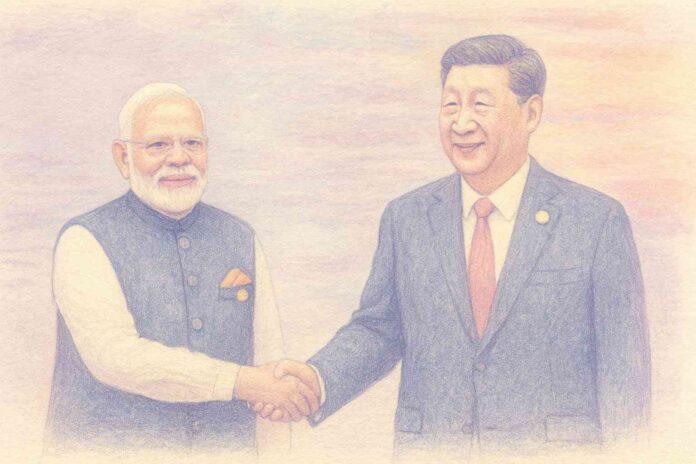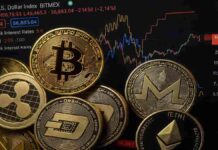# GLOBAL NEWS
As the world continues to grapple with various political, economic, and social challenges, significant developments have emerged across different regions. This article summarizes key events from the United States, Europe, and Asia, highlighting their implications and the interconnectedness of global affairs.
## US
In the latest political turmoil, former New York City Mayor Rudy Giuliani has been hospitalized following a serious car accident in New Hampshire. He suffered multiple injuries, including a fractured thoracic vertebra. This incident raises questions about the former mayor’s health and his ongoing involvement in political activities, particularly as he has been a prominent figure in Donald Trump’s circle.
In the realm of international relations, tensions are escalating as President Trump faces criticism for his tariff policies. A recent ruling by a U.S. appeals court deemed many of Trump’s tariffs illegal, prompting a backlash from his trade advisers who label the decision as “weaponized partisan injustice.” This legal battle could reshape U.S. trade relations, particularly with Canada, where tourism has been affected by the tariffs, leading to campaigns aimed at winning back Canadian visitors.
On Capitol Hill, Congress returns from its August recess amid looming threats of a government shutdown. With negotiations needed between Democrats and Republicans, the political landscape is fraught with uncertainty. Furthermore, the Federal Reserve’s independence is under scrutiny as Trump seeks to exert more control over monetary policy, leading to concerns about the long-term implications for the U.S. economy.
In the economic sphere, the U.S. economy showed surprising resilience with a growth rate of 3.3% in the second quarter, driven by strong consumer spending. However, the upcoming jobs report is expected to reveal a challenging labor market, as unemployment rates among marginalized communities, particularly Black Americans, have surged to their highest levels since 2021.
## EUROPE
Across the Atlantic, Europe is facing its own set of challenges, particularly in the wake of recent political upheavals. In France, Prime Minister François Bayrou is navigating a confidence vote that could determine the fate of his government amid rising political instability. The CAC 40 index has already taken a hit, reflecting investor concerns about France’s economic future.
Meanwhile, the European Union is responding to trade pressures by proposing to eliminate tariffs on U.S. industrial goods, a move aimed at softening the blow for European automakers facing steep duties on their exports to the U.S. This decision underscores the delicate balance the EU must maintain as it navigates its relationship with an increasingly unpredictable U.S. administration.
Germany, facing economic headwinds, is witnessing a decline in consumer sentiment as inflation rates rise. The Bank of England has also cut interest rates last month in an attempt to stimulate growth, though the effectiveness of this measure remains uncertain. The interconnectedness of these economies highlights the broader implications of trade policies and political decisions on the continent.
## ASIA
In Asia, significant developments are unfolding as leaders from China, India, and Russia convene for a summit to discuss regional cooperation. Chinese President Xi Jinping emphasized the need for AI collaboration and rejected a “Cold War mentality,” aiming to position China as a peacemaker on the global stage. This summit comes at a time when tensions between the U.S. and China are palpable, particularly regarding trade and technology.
India’s Prime Minister Narendra Modi is also navigating complex diplomatic waters, seeking to strengthen ties with Russia while facing pressure from the U.S. over its oil imports. Despite potential repercussions from U.S. tariffs, India remains committed to maintaining its relationship with Moscow, reflecting its strategic interests in a multipolar world.
In the economic landscape, China’s manufacturing sector showed signs of recovery, with a private gauge indicating growth for the first time in five months. This rebound could signal a broader economic stabilization, though concerns about sustainability linger. Additionally, the ongoing unrest in Indonesia, following protests against government policies, underscores the social challenges that many Asian nations face as they grapple with economic disparities.
As the global landscape continues to shift, the interdependencies between these regions become increasingly apparent. The political, economic, and social dynamics in the U.S., Europe, and Asia are intricately linked, shaping the future of international relations and global stability.
In conclusion, the world remains in a state of flux, with significant events unfolding in the U.S., Europe, and Asia. As nations navigate their complex relationships and domestic challenges, the implications of these developments will resonate globally, influencing political decisions, economic policies, and social movements for years to come.





